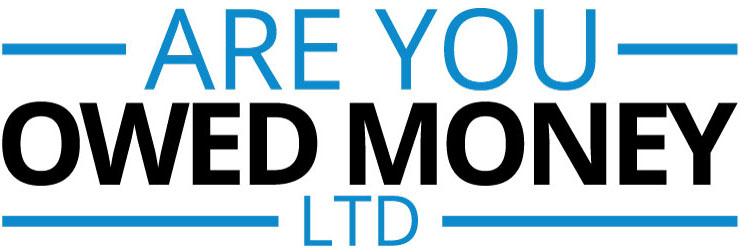The MoJ has announced a stop to an upgrade in historic debt collection procedures. Aimed at tackling criminal debts, changes looked at upgrading procedures to track and enforce debts. A number of changes since 2015 however have halted those plans. Despite officials saying the work has not been lost, reviving the plan would be incredibly difficult.

Historic debt collection
The funding move by the MoJ looked to increase the efficiency of historic debt collection. Usually, debts are difficult to recover if a debtor disputes or doesn’t acknowledge a debt after 6 years. For the MoJ however, the historic debt collection team overrides that. Last year, it was reported tens of thousands received letters demanding payment for fines over 10 years old. The department employed better tracing software and procedures that enabled £9m to be collected in its first year.
Of the cancellation, the MoJ stated this week that “Focused work on the development of future service design will continue. That ensures it is ready should it be required in the future.”
The National audit Office had previously announced the scheme was to cost £58m. That £58m was part of a £1.2bn technology overhaul. Some elements of the upgrades to the courts and tribunal service plan have survived. However, the historic debts plan will now enter a state of limbo.
Resolving debts early
Debt collection is best suited to fast action. This is just as true with council and authority related debts. Parking fines, council tax, TV licenses all must be resolved sooner to be most effective. The longer a debt is not chased or disputed, the weaker a case becomes. This is a mantra AYOM pleads with all our customers. Do not let debts linger, resolve them faster.
Long term costs of debt collection can heavily reduce the value of full recovery. In public sector debts this impact is heightened. Collecting debts (even historical) can help reduce the strain on local authorities. With the government attempting to make cuts, authorities must do what they can to find funding.
Despite the historic debt collection plans being shelved; there are plans to continue assessing the collection process. Our advice would be early intervention, and action. Deal with debt at the source. Create repayment plans. Discourse with debtors and create a dialogue. Mediation is a key to effective debt recovery, not funding ways to chase older and older debts.
For more information on the debt collection procedure, check out AYOM’s services page. We break down all areas of debt collection from serving documents, to mediation, to enforcement.
